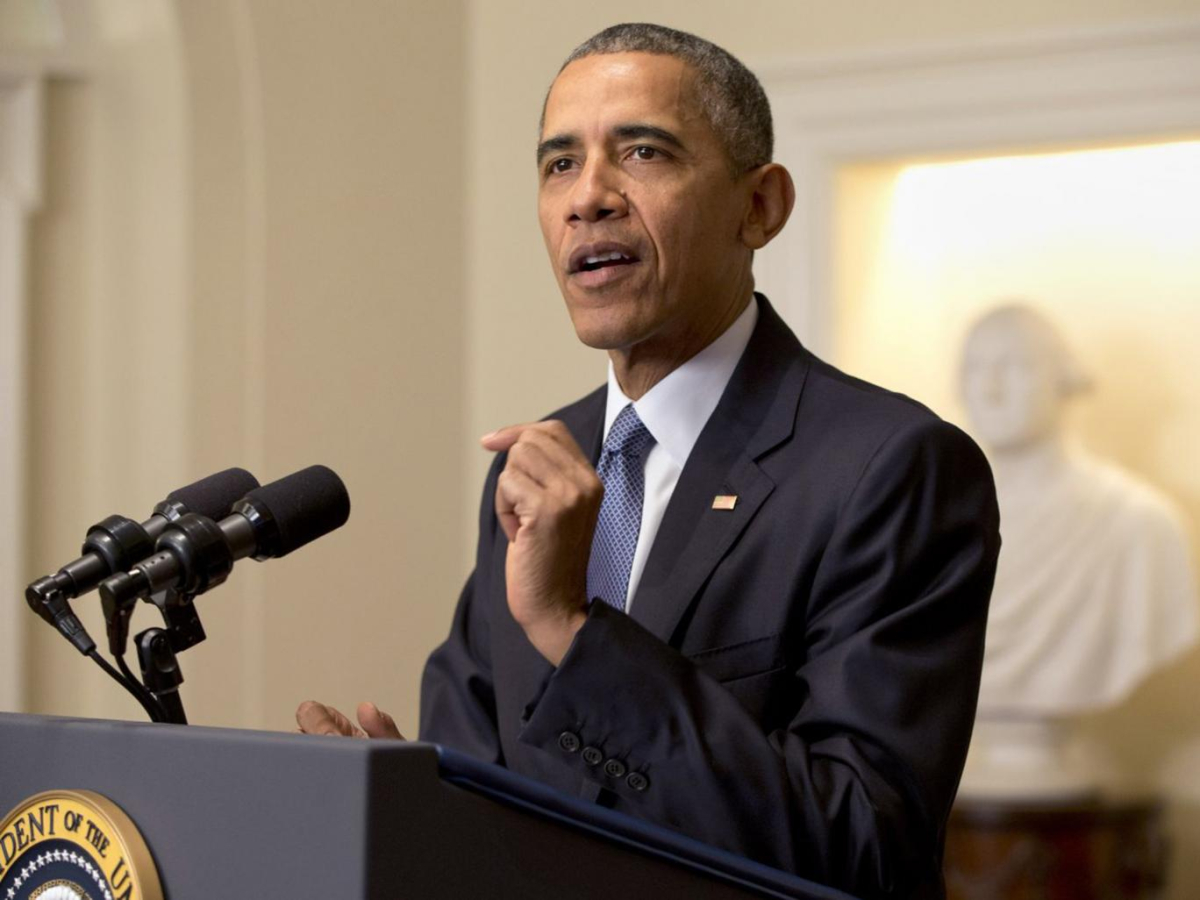Support strong Canadian climate journalism for 2025
By Eric Tucker And David Koenig.
The U.S. Justice Department is suing to stop Halliburton from buying oilfield−services rival Baker Hughes, the latest effort by the Obama administration to block mergers that it believes enrich corporations but hurt consumers.
The government argues that the $35 billion deal would lead to higher prices and less innovation in the business of helping energy companies drill for oil and gas.
The Justice Department filed a lawsuit in federal court in Delaware, charging that the deal would eliminate head−to−head competition in 23 markets for products and services including drill bits, fluids and expertise in drilling horizontal wells. Those and other innovations have helped spur a renaissance in U.S. energy production.
Halliburton Co. is the world’s second−biggest services company in the oil business and Baker Hughes Inc. is third. Combining them would create a duopoly with market leader Schlumberger Ltd., the Justice Department said.
Halliburton and Baker Hughes countered in a joint statement that their deal would improve competition by creating a more flexible, innovative services company.
"The transaction will provide customers with access to high quality and more efficient products and services, and an opportunity to reduce their cost per barrel," the companies said.
The companies announced their plan to combine in November 2014, shortly after oil prices began to fall due to a global oversupply of crude. The glut has slowed demand for drilling services. Both companies have laid off thousands of workers, and their shares have lost about one−third of their value.
Assistant Attorney General Bill Baer, head of the Justice Department’s antitrust division, said oilfield services is a cyclical business and its companies grow and shrink with market conditions. "It’s not a justification for an anticompetitive merger to say, ’We’re not doing as much business as we used to,’" he said.
Halliburton has proposed spinning off billions of dollars in assets to get the deal approved — it could owe Baker Hughes a $3.5 billion breakup fee if the deal fails. Baer dismissed the offer, calling it a "grab bag" of the companies’ less−valuable holdings.
Last year saw a record of more than $5 trillion in corporate mergers and takeovers, topping 2007 as the biggest year ever for deals, according to Dealogic. Speaking to antitrust lawyers in Washington, Attorney General Loretta Lynch said the deals are also bigger and more complex.
"This represents a remarkable shift toward consolidation and it presents unique challenges to federal enforcers in our work to maintain markets that serve not just top executives and majority shareholders, but every American," Lynch said. Consolidation, especially in industries that already have few competitors, raises serious concern about higher prices, lower quality and less innovation, she said.
Lynch cited deals that were stopped or abandoned in the face of regulatory objections including a Comcast−Time Warner tie−up, AT&T’s attempt to buy T−Mobile, and a combination of Chicken of the Sea and Bumble Bee.
"To even begin the merger process in these instances was little more than a waste of corporate and taxpayer dollars," she said.
Shares of both companies rose in afternoon trading. Halliburton rose $2.15, or 6.3 per cent, to $36.56 while Baker Hughes shares rose $3.27, or 8.3 per cent, to $42.63.



Comments